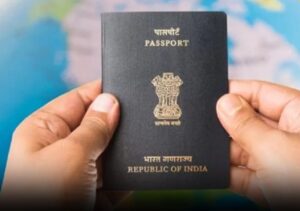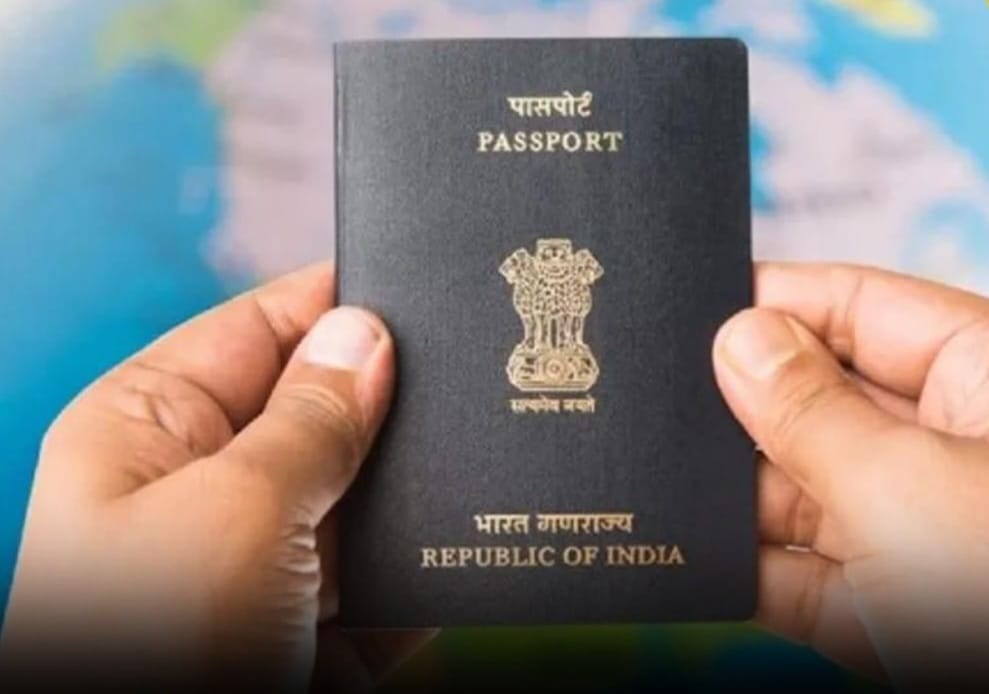Stapled visas have been in the news recently due to China’s issuance of stapled visas to some Indian players from Arunachal Pradesh¹. India has strongly protested against this action and has withdrawn its eight-athlete wushu (Martial Arts) contingent from the Summer World University Games in Chengdu, which were set to begin on Friday¹.

A stapled visa is different from a regular visa that a country gives to foreign citizens. Instead of stamping directly in the passport, it is a separate piece of paper attached (stapled) to the visa. This practice allows China to avoid placing official stamps in the passport¹. China has been using this ‘stapled visa’ approach specifically for Indian nationals from Arunachal Pradesh and Jammu and Kashmir. They started issuing stapled visas to residents of Arunachal Pradesh in 2009 and to those from Jammu and Kashmir in the mid-2000s¹.
Issuing stapled visas by a country poses a threat to the sovereignty of the other nation. When the person with a stapled visa wants to return to their home country, the entry and exit passes on the stapled visa are torn off. This means that no details of the trip are recorded, which creates a security challenge for the person’s home country¹.
In response to China’s actions, India has described it as “unacceptable” and asserted that it reserves the right to “suitably respond” to such actions². External Affairs Ministry Spokesperson Arindam Bagchi said India has lodged its “strong protest” with the Chinese side on the matter and there should be no discrimination on the basis of domicile or ethnicity in the visa regime for Indian citizens².
Stapled visas have been a contentious issue between India and China for several years. The practice of issuing stapled visas to residents of Arunachal Pradesh and Jammu and Kashmir is seen by India as an attempt by China to undermine its sovereignty over these regions. China, on the other hand, claims that these regions are disputed territories and that the issuance of stapled visas is a temporary measure until the territorial disputes are resolved.
The recent incident involving the issuance of stapled visas to Indian players from Arunachal Pradesh has once again brought this issue to the forefront. India’s strong protest against this action and its decision to withdraw its wushu contingent from the Summer World University Games in Chengdu is a clear indication of its stance on this issue.
The use of stapled visas by China has also been criticized by other countries. In 2011, the United States issued a travel advisory to its citizens warning them about the risks associated with traveling on a stapled visa issued by China. The advisory stated that travelers holding such visas may be denied entry into China or may face difficulties when exiting the country.
In conclusion, the issue of stapled visas remains a thorny one in India-China relations. It remains to be seen how this latest incident will impact the already strained ties between the two countries.
